Get creative support end sponsored display Ads Företag
för 1 år sedan Services Stockholm 243 views Reference: 410Plats: Stockholm
Pris: kr2,500
Get creative support end sponsored display Ads
So what exactly are banner ads and how do they work?
We've got a simplified version you can use to
explain them to anyone.
What are banner ads?
A banner ad, also known as a display ad, is similar to a digital billboard in that it uses imagery (hence the term "banner")
to attract attention with the goal of driving traffic to the
advertiser's site.
Banner ads are placed in high-traffic locations on web pages, creating brand awareness and generating click-throughs, purchases, and leads. These high-visibility locations include the front, bottom, or the side of a webpage; places where the eyes of browsers usually wander.
A great banner ad grabs the reader's attention and invites them to learn more about what's being advertised. They're bright, welcoming, and don't have much text, instead using images or multimedia to convey a message. Check out this banner ad as an example:

LinkedIn's banner ad was found in the sidebar of a webpage I was browsing. It was large enough to catch my eye and inviting enough to make me linger on the ad.
How do banner ads ITI Data Net work?
Banner ads contain calls to action (CTA) that entice
a user to click them to view or obtain something else.
They inform, notify the user of new products,
grab your attention or simply increase brand
awareness in a more passive nature.
How Banner Ads Work ?
Let's say you're a publishing outlet.
You are able to drive a lot of traffic to your content because it's helpful and valuable, but you have no way to monetize your efforts.
However, your site does have a lot of valuable real estate that advertisers could capitalize on.
This makes selling that space an attractive proposition.
To do that, you can sign up with a display network.
A display network helps to connect you with advertisers by providing a script that you can add to your website.
This script will populate display ads automatically without you having to lift a finger.
AND you get paid a "commission" for each click on the ad that comes from your website.
Monetization... success!
Now let's look at it from the other side of the coin.
Let's say you're an advertiser.
You want to increase more visibility for your brand,
so you want your ads to show up on high-trafficked
websites that your target buyers visit.
You pay the display network directly
(rather than the publishing outlet) for ad placements,
and you get to choose the types of websites
your banner ads will display on.
If effective, you get low costs per click,
and this turns into real ROI for your business.
A win/win for the publishing outlet and the advertiser!
Are Banner Ads Effective?
Banner ads fall into the category of digital advertising,
one of the most lucrative ways to generate revenue.
In fact, in 2019's first quarter,
revenue from digital ads reached
a landmark high of over $28.4 billion.
Banner ads are lucrative because of programmatic advertising,
a term that describes how advertisers place ads.
The software of these programs matches ads
with the interests of website browsers.
To illustrate, let's say LinkedIn's ad team wanted to use Google AdSense as their display network.
Google AdSense would then sell LinkedIn a sidebar
space on websites professionals are more likely to visit,
such as Investopedia.
This ensures more potential for overall revenue
earned for LinkedIn.
In order to determine if banner ads
ITI Data Net Technology
will be effective for you, it's important to understand how cost is broken down with this method of advertising.
Banner Ads Cost ITI Data Net Technology.
Because it's an auction-style system, the cost of a banner ads campaign will vary according to the display network you choose, the ad's size, how competitive your vertical is, the popularity and the nature of the website placements you earn, and more. However, according to WordStream, the cost per click for a banner ad on the Google Display Network averages around $0.58.
There are two different pricing models for banner ads:
Cost per mille (CPM) - The price for 1,000 impressions
(i.e. it has been "seen" 1,000 times)
Cost per click (CPC) - The price for each ad click
Pricing structures vary between each display network,
but they typically use an "auction" style system where
you bid for your ad placements.
In many cases, you can choose whether you bid
based on a CPC or CPM model.
The former is better for conversions while
the latter is better for brand awareness and visibility.
With this in mind, the better your bid, the easier
it will be to meet your advertising goals.
In many cases, the display network will
help you optimize your budget and timeframe
to get the most out of your ads.
Now that you have an idea of average banner ad price tags, you can imagine that ad placement and banner size have a big impact on how often your ads are seen and clicked on. Let's take a closer look at these two variables below:
Banner Ad Placement
The display network you choose should have
transparent information on which sites or
publishing outlets your ads will appear on.
Ideally, you want your ads to be placed in front of your
ideal audience (rather than just anyone)
so that you get the right traffic,
which has a higher potential to convert into
genuine leads for your business.
With this in mind, you'll want to be well-versed
in the targeting capabilities your display network
provides so that you can control this effectively.
While advertisers get a lot of latitude on which
sites they appear on, they may not have a lot
of control over where they appear on that site.
On-page ad placement is in the hands of the publishing outlet. However, they do have a financial incentive to place
ads in high-value locations. Remember,
they get a "commission" from the display network.
With that banner ads perform best when they're:
Close to the content
Above the fold
More within an advertiser's control is the size
and design of the ads they choose to create.
Standard Banner Ads Sizes ITI Data Net Technology:
One of the major factors on your campaign's effectiveness is the dimensions you choose for your ad(s).
The right size and design can have a major effect on
the click-through rate and overall effectiveness of your ad.
Here are the most common ad sizes chosen by advertisers:
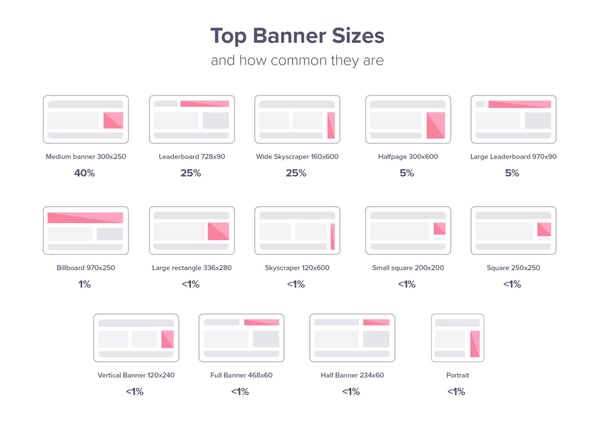
Image Source -You web site
Medium Banner: 300 x 250
Leaderboard: 728 x 90
Wide Skyscraper: 160 x 600
Half-page: 300 x 600
Large Leaderboard: 970 x 90
Billboard: 970 x 250
Large Rectangle: 336 x 280
Skyscraper: 120 x 600
Small Square: 200 x 200
Square: 250 x 250
Vertical Banner: 120 x 240
Full Banner: 468 x 60
Half-Banner: 234 x 60
Portrait: 300 x 1050
It’s crucial to know the necessary sizes for your banner ads
— but it’s not your only consideration.
In order to make sure your banner ad is effective
to target audiences, we have some tricks to
keep in mind while you're designing yours.
How to create banner ads ?
Incorporate a CTA.
Add your brand.
Make sure to use keywords.
Choose high-quality visuals.
Keep things simple.
Let's say you have all the tools for creating
your banner ad in place.
While the actual execution of the design is up to you,
it's important to incorporate these elements in your
ad to make sure it's effective, and not just something
that crowds up a webpage.



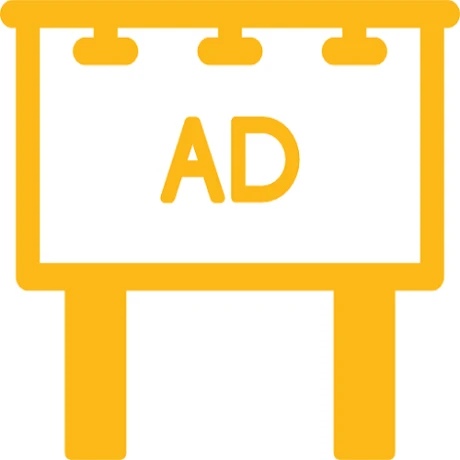


























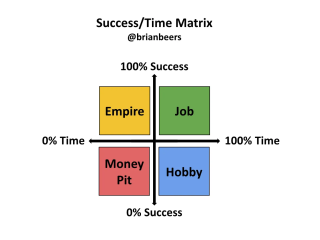
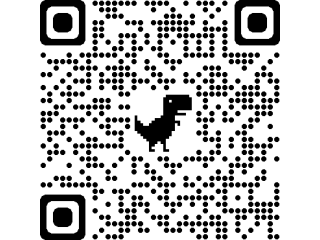
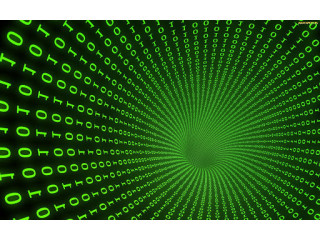











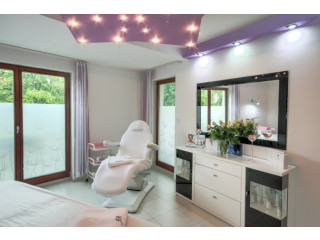








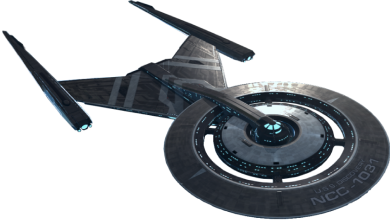

 AI
AI 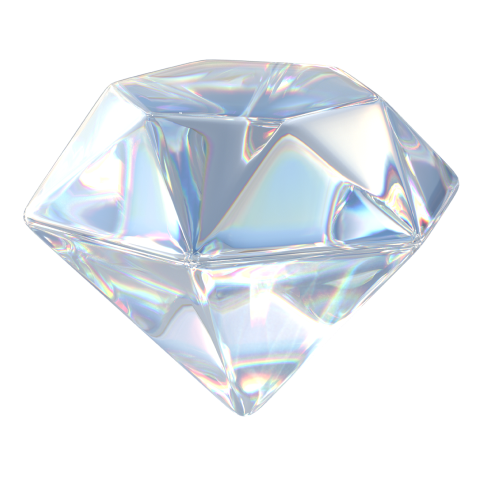 Matrix AI
Matrix AI


